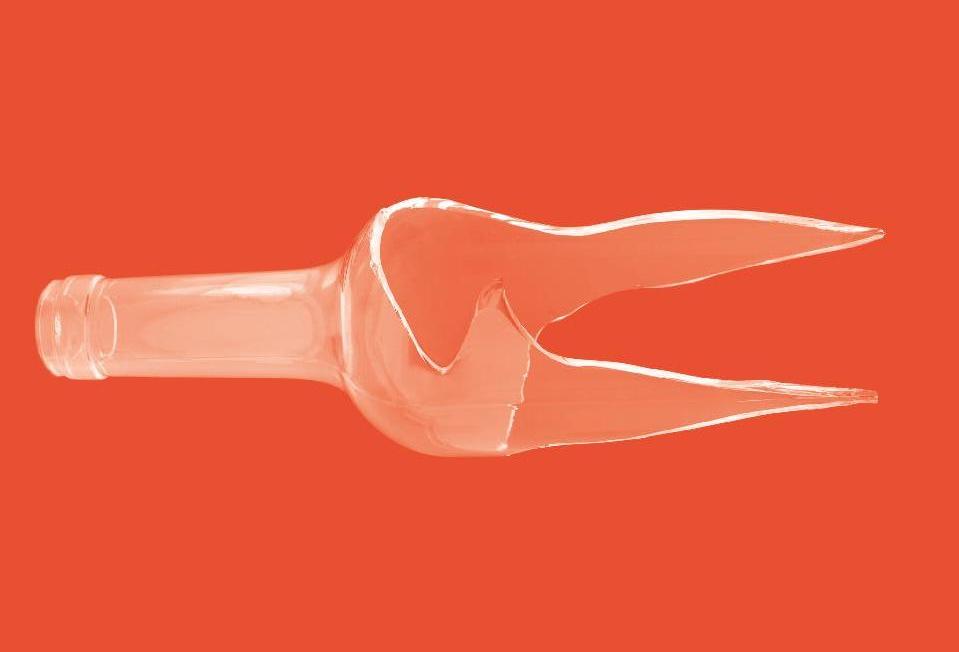
3 minute read
Alcohol excesses and societal harm in South Africa
on the other hand, while mup does not increase revenue for the treasury directly – it potentially does this for retailers, who get bigger margins on every item sold – government increases tax revenue indirectly through the increase in vat from higher prices. In addition, the government benefits from the savings incurred from lower alcohol consumption – i.e. a reduction in health-, welfare-, labour- and crime-related costs. mup also does not rule out excise tax increases, which can be implemented alongside mup.
international successes
the experience from other countries around the world is that taxing alcohol at a rate closer to its total cost to society makes for a safer, healthier and more prosperous nation. scotland, Wales, australia and russia have all introduced mup. scotland experienced a drop of 4-5% in alcohol consumption among the heaviest of drinkers. since russia introduced mup for vodka – the most commonly abused alcohol in that country – there has been a reduction in overall mortality rates.

south africans are renoWned to be heavy binge drinkers. even though the maJority of south africans do not drink at all, those Who do drink consume large volumes of alcohol, Which is particularly cheap in south africa.
implementation considerations for south africa
mup can be introduced either nationally or provincially. for example, in the united kingdom, scotland and Wales applied mup, whereas england did not. certainly in south africa, alcohol abuse and binge drinking is not limited to just one province, and so a national mup framework is preferable. however, if only introduced provincially it would operate as follows:
the minimum unit price for alcohol would be determined by the provincial minister.
the liquor licensing authority would be required by the legislation to impose a condition when it grants new liquor licences, to the effect that a licensee may not price its products below the minimum unit price for that product. existing licences will be “transitioned” so as to impose a similar obligation.
the effect of the legislation is that the holder of a liquor licence in the province would be required by the conditions of its licence not to sell liquor below the minimum unit price. the licensee would remain at liberty to sell liquor at the minimum unit price or at any higher price.
cost increases may lead to more home brewers, but the extent tends to be overstated by industry lobbyists. proper enforcement of liquor sales minimises this risk. the introduction of the legislation would mean that the prices of some alcoholic products would increase compared to other provinces. enforcement reduces this risk as does the cost of transport between provinces.
introducing mup will be easier with the support of national government. ales, beers and all sugar-fermented beverages all fall within the liquor products act. it would be helpful if definitions and regulations for content and labelling could be revised to ensure that mup can be applied easily across all alcohol categories.
legal counsel opinion obtained by dgmt indicates that legislation enabling mup would fall within an exclusive provincial legislative competence in terms of schedule 5 of the constitution, provided that such legislation was structured to impose minimum unit pricing as a condition of licences issued by provincial liquor licensing authorities. provincial legislation structured in this way could only be superseded by national legislation in circumstances contemplated in section 44(2) of the constitution, that is if the national legislation was necessary to: maintain national security; maintain economic unity; maintain essential national standards; establish minimum standards required for the rendering of services; or prevent unreasonable action taken by a province which is prejudicial to the interests of another province or to the country as a whole.
finally, it is important to note that neither excise tax nor mup alone will stop alcohol abuse, but it is a strong foundation that can target heavy drinkers without penalising occasional drinkers.





